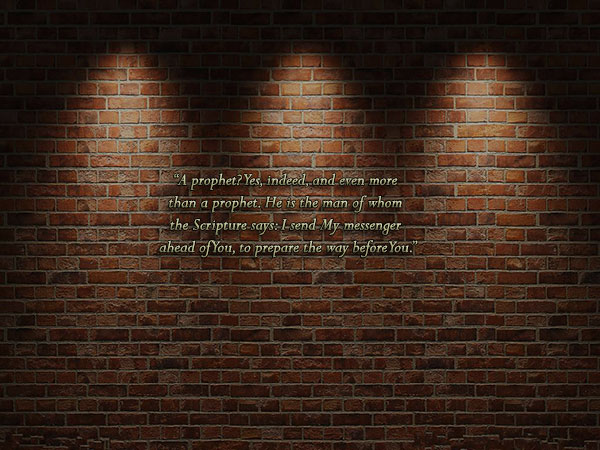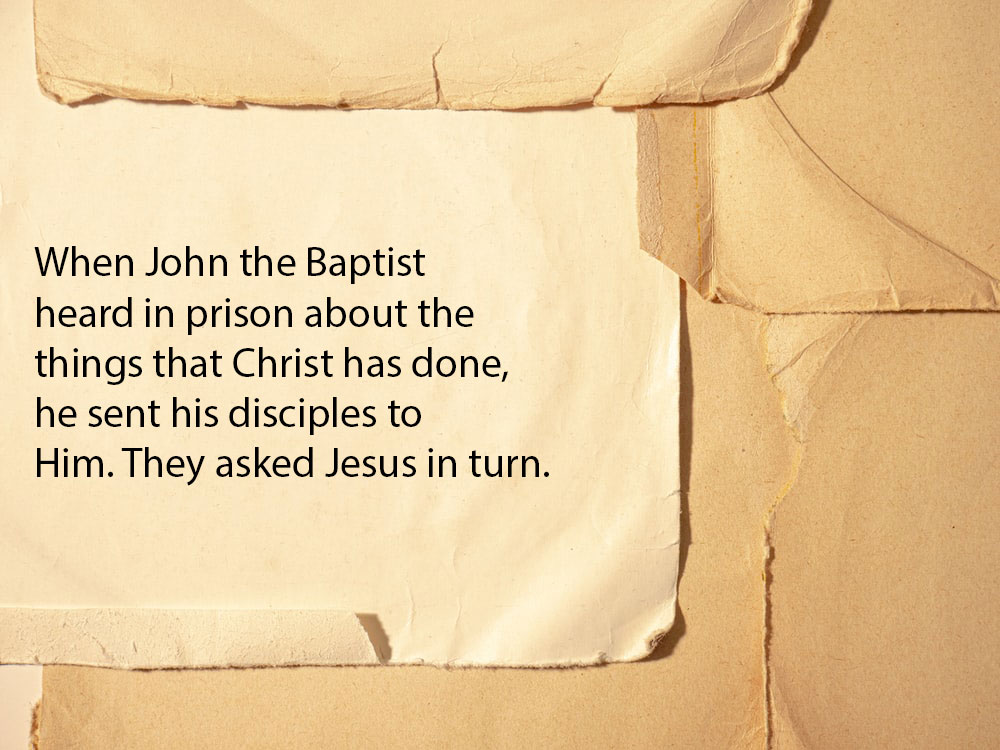Gospel: Mt 9:9-13
As Jesus moved on from there, he saw a man named Matthew, at his seat in the custom-house; and he said to him, “Follow me!” And Matthew got up and followed him. Now it happened, while Jesus was at table in Matthew’s house, many tax collectors and sinners joined Jesus and his disciples. When the Pharisees saw this, they said to his disciples, “Why is it, that your master eats with sinners and tax collectors?” When Jesus heard this, he said, “Healthy people do not need a doctor, but sick people do. Go, and find out what this means: What I want is mercy, not sacrifice. I did not come to call the righteous, but sinners.”Reflections
Learn God’s desire to extend mercy. He desires charity, not formality, mercy, not show, and warns you against having a form of godliness while denying the exercise of mercy and forgiveness. True religion consists not in external observances, shows of holiness, or doubtful disputations, but in faith in Christ, love for God and your neighbor, and good works. The Pharisees’ sacrifices were merely stiffness and social observance and not grace-filled. Issues of personal honor were irrelevant to Jesus. What mattered were needs, and the capacity to meet those needs. The righteousness of Jesus could offset any unrighteousness of others. Rather than be weighed down by them, his presence, interest and love would lift them up and give them back their dignity and freedom. Today we face the same temptation when we stress the Church-centered practicalities of ritual, worship and law, and forget the outward-looking exercise of mercy and justice in a world in need of healing and reconciliation. With Jesus, religion has to serve our deep need for personal conversion and societal transformation. The private quest for personal holiness could be justified only to the extent that it involved growth in compassion.© Copyright Bible Diary 2018
2014 Copyright. Claretian Communications Foundation Inc







